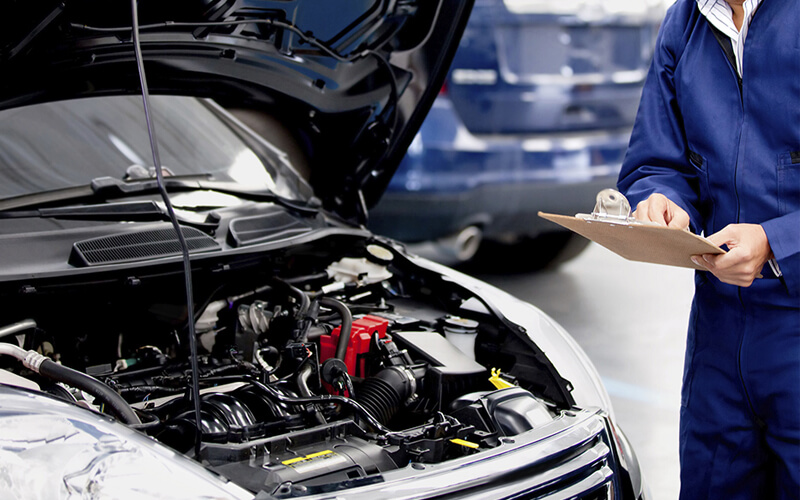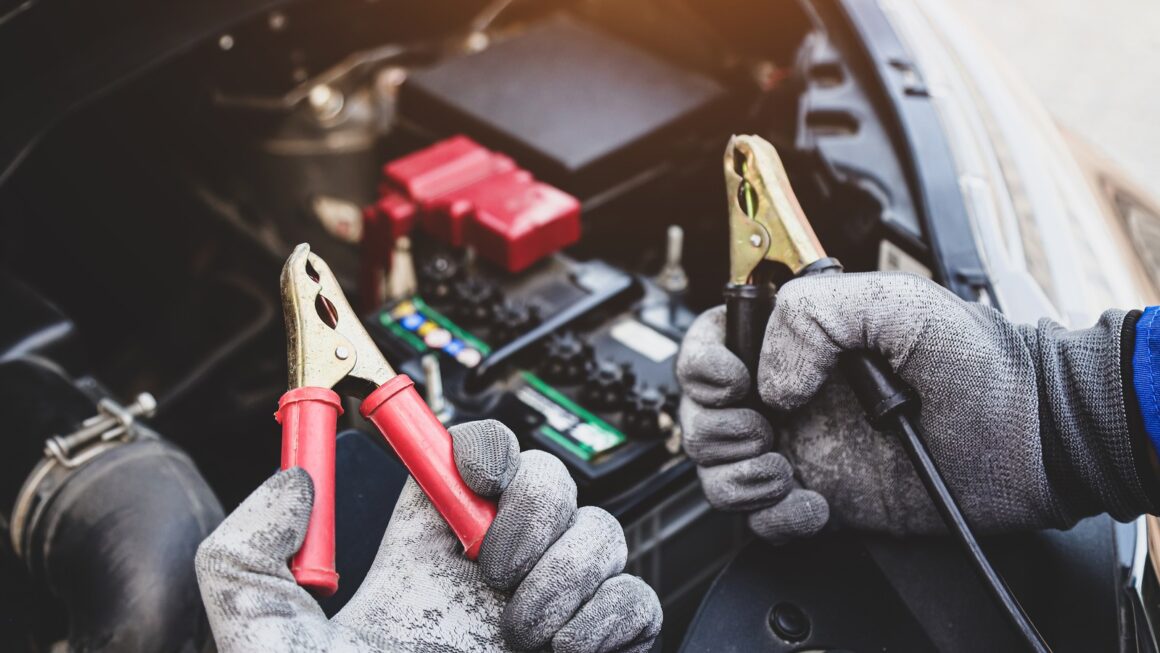The word “tyre” is the British spelling, while “tire” is American. Both words refer to the same component – a rubber ring that provides traction for a vehicle. However, “tyre” is more commonly used in Commonwealth countries, while “tire” is more commonly used in the United States.
Yokohama Tyres Worthing is rubber components that provide traction for vehicles to roll smoothly on the road and grip during cornering. They also act as an air-tight seal to the wheel’s rim, preventing the car from deflation in case of puncture. The science behind them is fascinating!
Why Do Tyres Need Regular Checking?
A tyre’s tread is the first line of defence against aquaplaning or ‘hydroplaning’, a dangerous condition where water accumulates on top of the tyre instead of channelling away from it, resulting in complete loss of road contact.
How Can You Tell if Your Tyres Need Replacement?
Your tyres will need to be changed when the tread depth reaches 3mm or less. You can check the tread depth yourself by using a tyre depth gauge or inserting a 20 cent coin with Lincoln’s head upside down and facing you.
If the tyre tread doesn’t cover his eye socket, your tyres need changing!
Where Can I Check My Cars’ Tyre Pressure?
Tyre pressure is also essential for good vehicle performance and safety, and it should be checked at least once a month. The recommended tyre pressure can be found in the car’s owner’s manual, and it’s also imprinted on the tyre sidewall.
Can I Drive on a Flat Tyre?
It is not advisable to drive on a flat tyre as this will damage the wheel and cause an accident. If you cannot change the tyre, please call a tow truck or the police.
What Are the Different Types of Tyres?
There are two main types of tyres: summer tyres and winter tyres. Summer tyres are designed for warm weather conditions, while winter tyres are made for icy and snowy roads. All-season tyres can be used for both summer and winter conditions, but they may not be as good as dedicated summer or winter tyres in specific weather conditions.
What Are Summer Tyres?
Summer tyres are designed for use in warm weather conditions, as they provide better traction and braking on dry roads. They are also less likely to hydroplane in wet conditions. However, summer tyres do not perform well in cold weather or on icy roads.
What Are Winter Tyres?
Winter tyres are designed for use in icy and snowy weather conditions, as they provide better traction and braking on slippery surfaces. Winter tyres are also made to handle lower temperatures than summer tyres. However, winter tyres do not perform well in warm weather or on dry roads.
What Are All-Season Tyres?
All-season tyres can be used for both summer and winter conditions, but they may be as good as dedicated summer or winter tyres in specific weather conditions. They are made to handle various weather conditions but may not be as good as summer tyres on dry roads or winter tyres in icy and snowy conditions.
How Should I Store My Tyres?
Tyres should be stored in a cool, dry place away from direct sunlight. They should also be kept away from other chemicals such as petrol, oil and solvents.
What Are the Benefits of Tyre Pressure Monitoring Systems?
Tyre pressure monitoring systems (TPMS) are electronic systems that monitor the air pressure in a vehicle’s tyres. If the pressure falls below the recommended level, the system will alert the driver. TPMS can help improve fuel economy and may also diagnose tyre punctures.
So there you have it: everything you need to know about tyres! Keep your car in good condition by regularly checking your Cheap Tyres Worthing ’ tread depth, pressure, and type. You’ll enjoy better performance and safety on the road.




